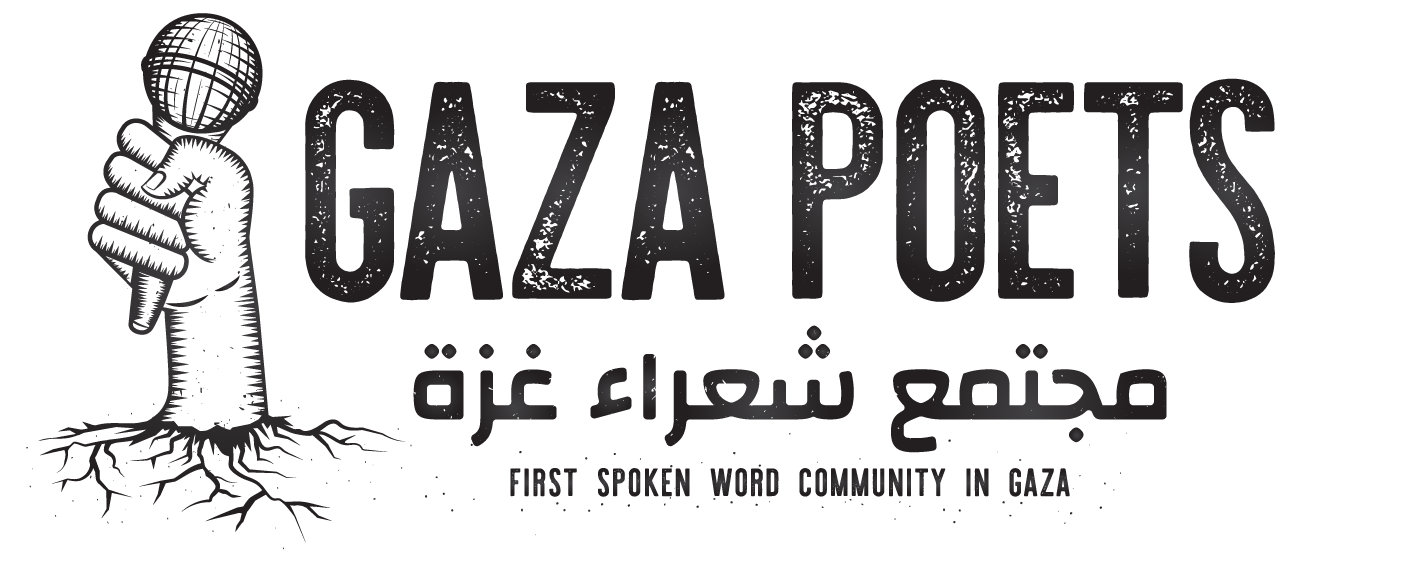Dispatches From a Manmade Famine: Ruba al-Faleet
When Silence Starves
No food remains.
Only the rumble of empty stomachs—
louder than bombs,
more relentless than drones.
Our bodies have withered to shadows.
Ribs jut like broken wings,
as if our chests yearn to escape
what we’ve become.
Bird-boned, starving,
trapped in a cage forged by war.
Men falter mid-sentence, words unraveling.
Women break bread into ghost-thin slivers.
And the children?
They no longer play.
Joy demands calories they don’t have.
They sit in corners,
limbs folded like broken vows,
eyes wide, yet dulled.
Mothers stir empty pots,
serving nothing with whispered apologies.
They season it with songs,
but the children are too weary to pretend.
Plates stand barren.
Shelves echo their emptiness.
The world, too, feels hollow—
unanswering when we cry out.
We faint now,
quietly, without fanfare.
It’s what happens when the body exhausts
even the will to stand.
And when the world begins to hear
the growl of our hunger,
they rush to drown it.
—
Bombs roar louder to silence our stomachs.
They hold meetings,
not to feed us,
but to feed illusions.
“Ceasefire,” they say, meaning delay.
“Negotiation,” they claim, meaning nothing.
They stage hope like a play—
just enough to keep us dreaming of bread,
just enough to hush the world.
Not peace.
Not aid.
Just silence in disguise.
Yet still, we dream.
Dreaming is the last right they haven’t stolen.
In Gaza,
a loaf of bread is no mere meal—
it’s a miracle,
a flag,
a defiant declaration
that we are still here.
When the world asks,
“What does hunger sound like?”
Tell them:
It sounds like Gaza—
where even silence starves.
Ruba al-Faleet is a poet from Gaza. She is a member of the Gaza Poets Society.
Artwork: “Salaam li Gaza” by Hoai Phuong.
